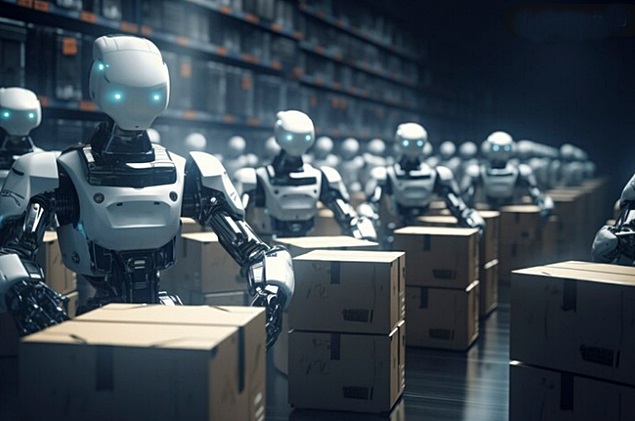1285

PackagingInsight informs that Aimplas, the Plastics Technology Center, is participating in a EU-funded project to promote a European circular economy for the bio-based industrial ecosystem using artificial intelligence-based solutions.
A revolution in the system
The SYMBA project titled "Securing local supply chains by developing new circularity and industrial ecosystem symbiosis assessment methods based on bio" aims to "revolutionize" industrial practices by promoting cooperation within bio-based ecosystems.
Through innovative methodologies and technologies, the project strives to prepare zero-waste value chains. The project officially began in January, with the goal of promoting resource independence and enhancing EU competitiveness.
SYMBA is developing a "unique" industrial symbiosis (IS) methodology tailored to local and regional bio-based ecosystems.
The project will implement an easy-to-use and accessible AI database, suggesting innovative regional IS processes to create waste-free value chains, ensuring multiple local supply chains, better distribution of economic and social benefits among stakeholders, and increasing the economic value of end products.
Intersectoral cooperation for circularity
The project outcome will identify and implement innovative processes, encouraging collaboration among stakeholders and leading the transition to circularity, according to Aimplas.
The SYMBA project is supported by a consortium comprising top organizations such as Novamont, Climate-KIC, Creative Impact Research Center Europe, Centexbel, Aimplas, ICLEI Europe, Bio-Based Europe Pilot Plant, and Cetaqua. The European Corporate Observers Network oversees the consortium.
The partnership was selected based on its expertise, network with key external stakeholders, and geographical coverage, bringing together five EU countries (Italy, Spain, Belgium, the Netherlands, and Germany) to develop the initiative.
SYMBA aims to demonstrate that a transition from a linear to a circular economy is possible by involving different industrial sectors such as plastic packaging, agri-food, wastewater, textiles, and waste valorization.
The project works towards providing bio-based solutions with reduced environmental impact on soil, water, and air quality. (Photo: Freepik)





